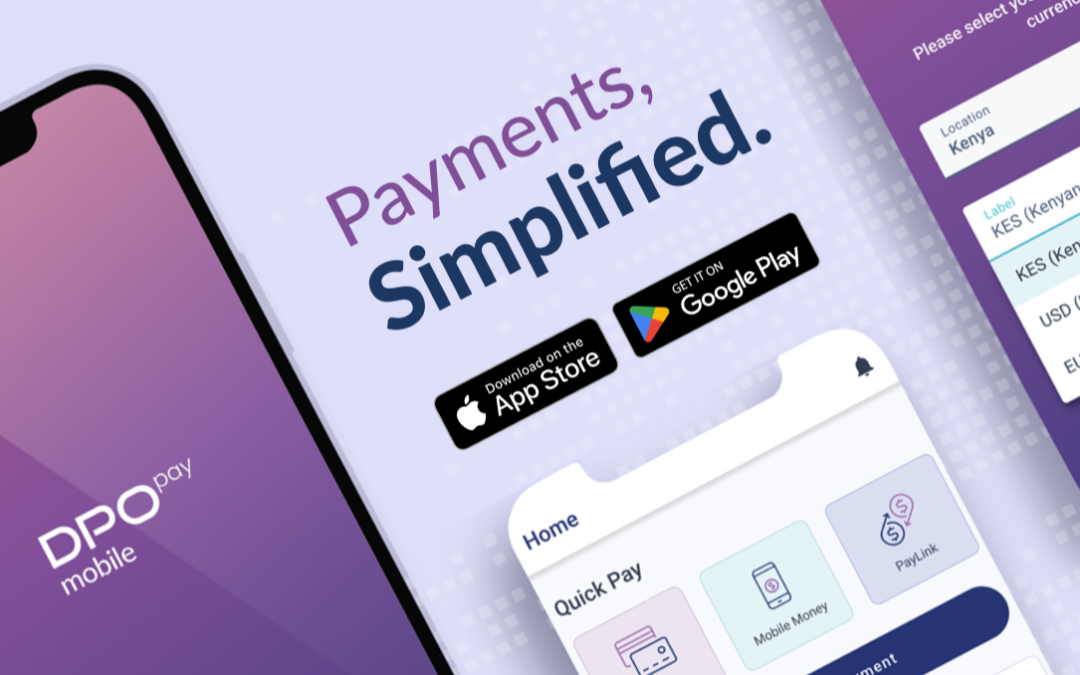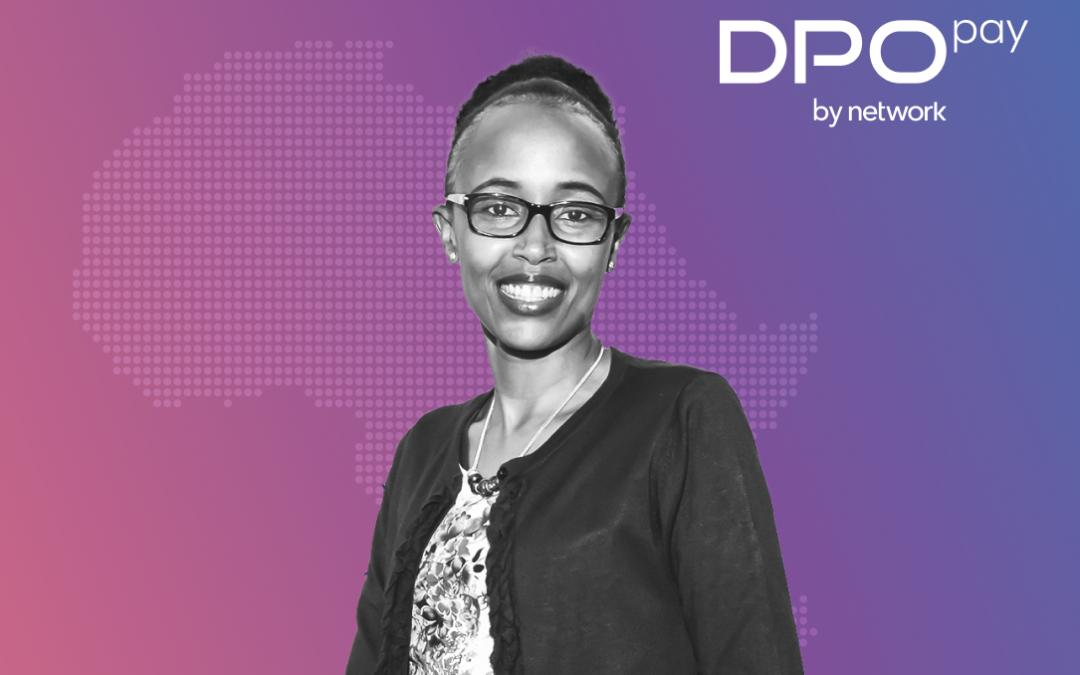There’s no denying that people in East Africa are enjoying the conveniences of mobile payment processing technologies. As far back as 2007, East Africa has been rolling toward almost complete integration of mobile payments for everything from making loan payments to sending money back to rural family members. The data behind this explosive growth points to some reasons that have combined to allow mobile payments to see such a huge rate of adoption:
1. Mobile Phone Penetration Rates. The Bill & Melinda Gates Foundation reports that penetration of mobile devices in Africa as a whole grew from 3 percent to 48 percent between 2002 and 2010. The rate is currently above 70 percent and is expected to keep rising still. Contrary to this, brick-and-mortar banking services are used mostly by the small percentage of Africans who have financial requirements that go
beyond what mobile payment providers offer.
2. Lack of Electronic Payment and Bank Options. Part of the success of mobile payments in East Africa is the result of the difficulty that comes with opening a bank account – especially in more rural areas where banks are either not prevalent, or simply don’t exist. This lack of access makes it difficult, even impossible, to initiate or receive any kind of domestic bank transfer. And with an increasing number of people needing to send and receive funds between rural and urban areas, there needed to be some sort of simple and easily-accessible system to over come this.
3. Migration Within Africa. Domestic migration is fairly commonplace in Africa. Making money portable, and not locked into a regional or local bank, is a must when it comes to the mobility of Africans. The fact that mobile payments work from wherever data service is available makes it easy for Africans to be mobile while having access to their money for purchases. Furthermore, it’s necessary to have some sort of system to allow for the transfer of money to remote regions where a less-modern way of life doesn’t lend itself to the use of smartphones, bank accounts – or even cash, for that matter.
The use of USSD technology allows for the transfer of funds without the need of a smart phone – making mobile payment services more accessible and ‘friendly’ for those in remote regions who don’t have access to a formal bank, but likely have access to one of the tens-of-thousands of mobile money agents located throughout the continent. No need for a mobile payments app – as simplicity is key – and has been a big part.
Banks Eye Mobile Payment Systems to Offer Added Benefits to Users
In an effort to enable mobile-only uses to reap the benefits of traditional banking, some payment processors have partnered with banks to allow for the accrual of interest and credit history – and other perks such as micro-loans. Without these benefits, mobile-only systems are nothing more than de facto savings accounts.
The Future of Mobile Payments in East Africa
In Kenya alone, mobile money set new heights in 2013 – the nation saw $22.4 billion (USD) in transactions over the entire year. That translates to a staggering $2.6 million per hour. According to Gartner research in the U.S., Africa’s mobile transactions will reach $160 billion in 2016. While it appears Africa, and East Africa in particular, will still experience strong growth through the forecast period, companies are still searching for the most suitable business model for mobile money in their local markets.
Regardless of the benefits and the challenges ahead, there’s simply no place in the world where mobile payments have seen such a surge and prominence to date such as we’ve seen in East Africa. Telco’s have provided mobile payment companies with the kind of reach in East Africa (and the entire continent for that matter) that have allowed payments to flourish and succeed.
Author
Eran Feinstein is the founder of 3G Direct Pay Limited. 3G provides global e-commerce and online payments solutions for the travel and related industries He is a leading authority in the fields of e-commerce, travel and payments, having acquired extensive experience from various parts of the world.





